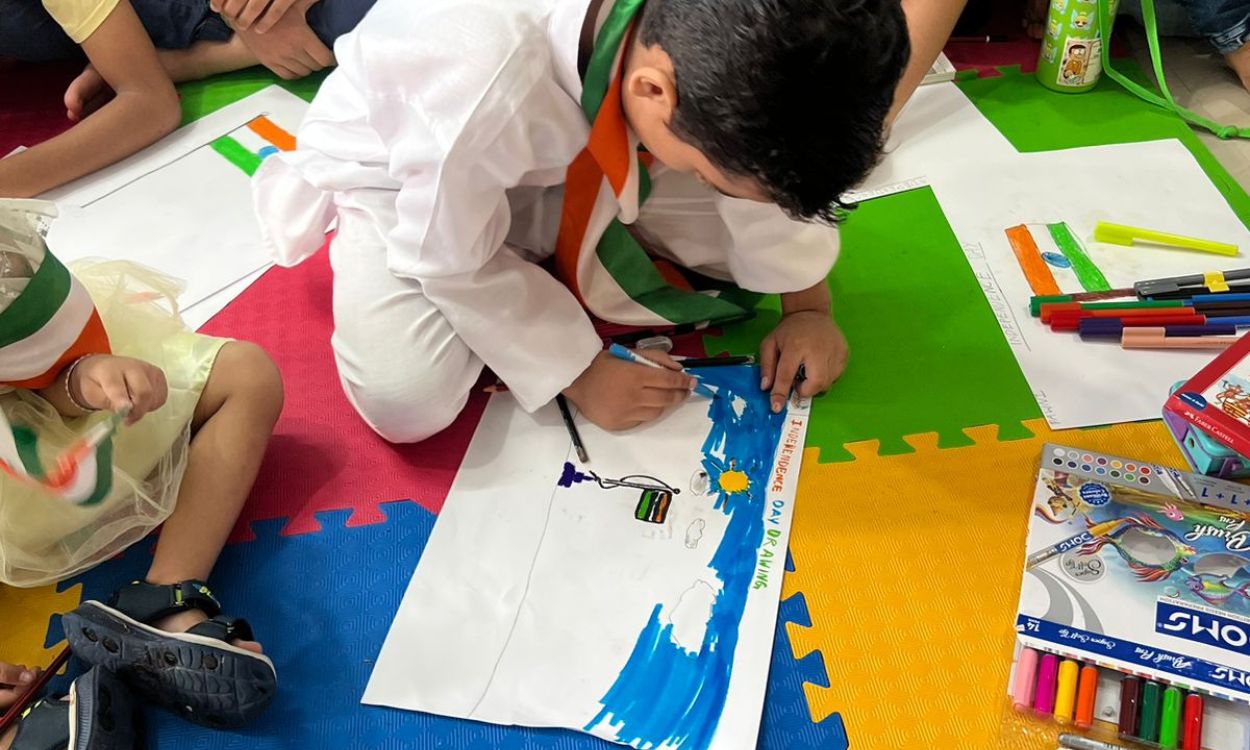In the vibrant world of early childhood education, play is not merely a leisure activity; it is a powerful vehicle for cognitive development. At TechSix, we embrace play-based learning as a cornerstone of our educational philosophy, creating an environment where children can explore, discover, and learn through play. This approach not only makes learning enjoyable but also enhances various cognitive skills essential for lifelong success. Understanding Cognitive Development Cognitive development refers to the progression of a child’s ability to think, learn, and understand the world around them. It involves processes such as problem-solving, memory, decision-making, and language acquisition. During the early years, children undergo significant cognitive growth, making it crucial to provide them with enriching experiences that stimulate their minds. This is where play-based learning comes into play. The Power of Play Play-based learning is grounded in the idea that children learn best when they are actively engaged in hands-on activities. At TechSix, we offer a diverse range of play experiences that encourage exploration and creativity. Through imaginative play, children learn to think critically and solve problems. For instance, when children engage in role-playing scenarios, they navigate social interactions, develop empathy, and enhance their language skills. Encouraging Problem-Solving Skills One of the primary benefits of play-based learning is its ability to foster problem-solving skills. As children encounter challenges during play, they learn to think critically and develop strategies to overcome obstacles. For example, while building a structure with blocks, a child may need to adjust their design when it collapses, prompting them to rethink their approach. This trial-and-error process not only enhances cognitive flexibility but also encourages perseverance. Enhancing Memory and Focus Play-based learning also contributes to the development of memory and attention span. Activities that require children to follow directions, remember sequences, or engage in group games help strengthen their memory retention and improve focus. For instance, a game like “Simon Says” demands concentration and memory recall, making it an effective tool for cognitive growth. At TechSix, we incorporate such interactive games to promote cognitive skills in a fun and engaging manner. Language Development Through Play Language development is another critical aspect of cognitive growth that is nurtured through play. When children engage in group activities, storytelling, or imaginative play, they are exposed to new vocabulary and communication styles. Role-playing scenarios allow them to practice language skills in context, enhancing their ability to express thoughts and emotions. Our educators at TechSix actively facilitate discussions and encourage children to articulate their ideas during play, supporting their language development journey. Building Social Skills While cognitive development is essential, it is also vital to acknowledge the social aspect of learning. Play-based learning fosters social skills as children interact with peers, share resources, and collaborate on tasks. At TechSix, we create opportunities for cooperative play, where children learn to negotiate, compromise, and work together towards a common goal. These interactions not only enhance their cognitive skills but also prepare them for future social environments. Conclusion At TechSix, we firmly believe that play-based learning is integral to cognitive development in early childhood. By providing a nurturing environment that encourages exploration, creativity, and social interaction, we empower children to develop essential cognitive skills. Our dedicated educators are committed to fostering a love for learning through play, ensuring that each child embarks on a joyful and enriching educational journey. As we continue to champion the importance of play in learning, we invite parents to witness the remarkable growth that unfolds when children are given the freedom to learn through play. Don’t Miss: Why Play Schools Are Essential for Early Childhood Social Development


